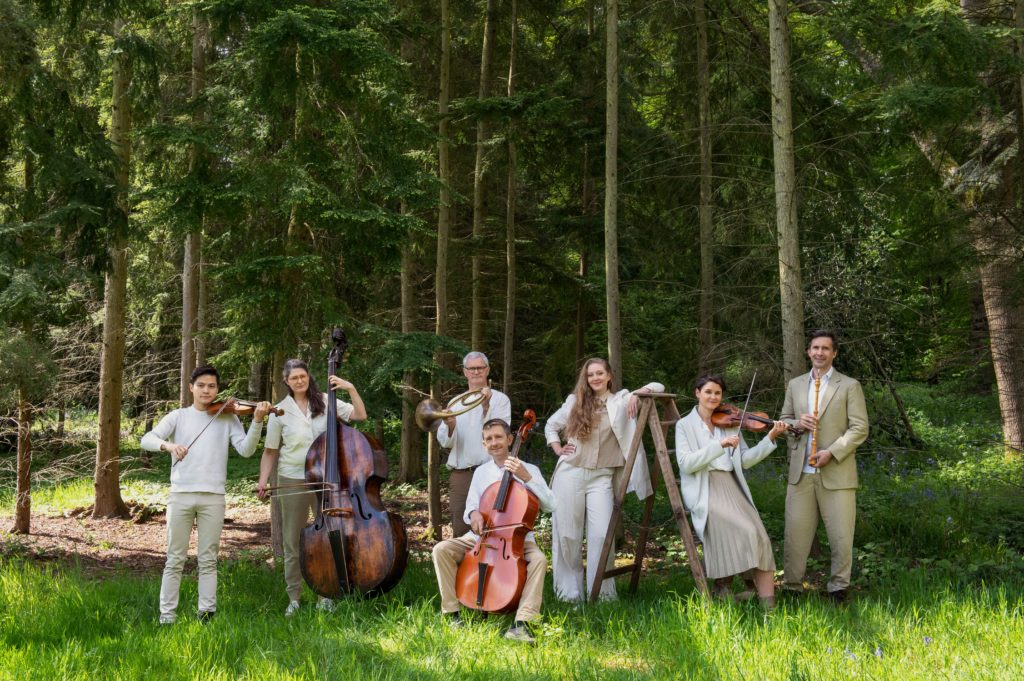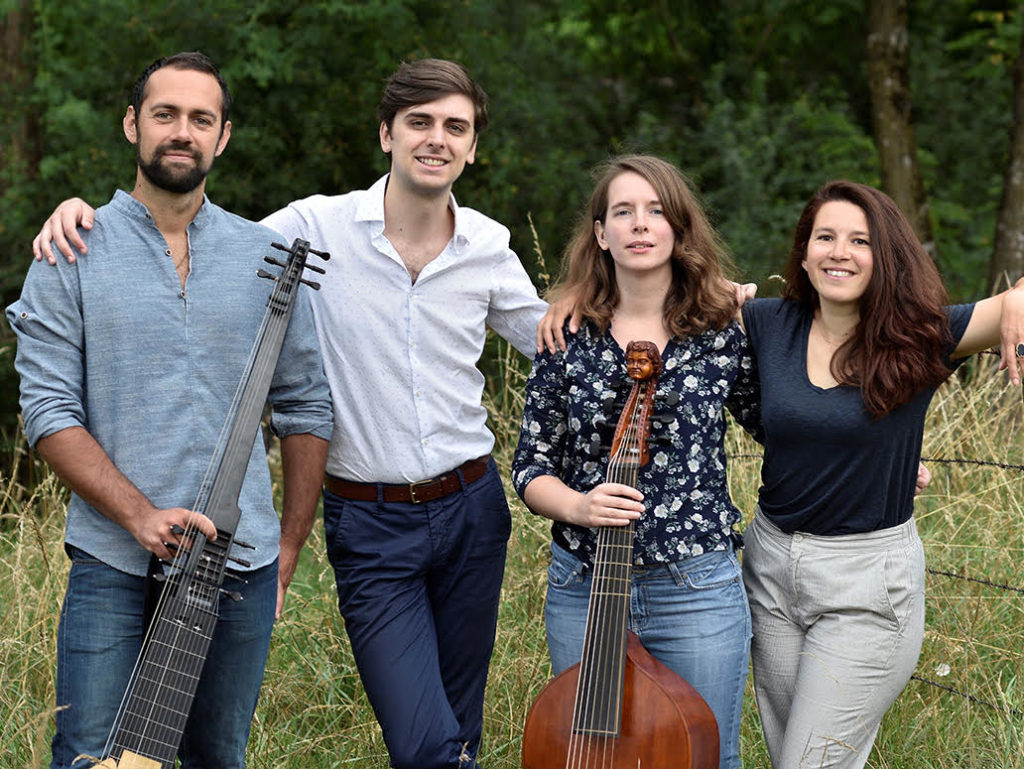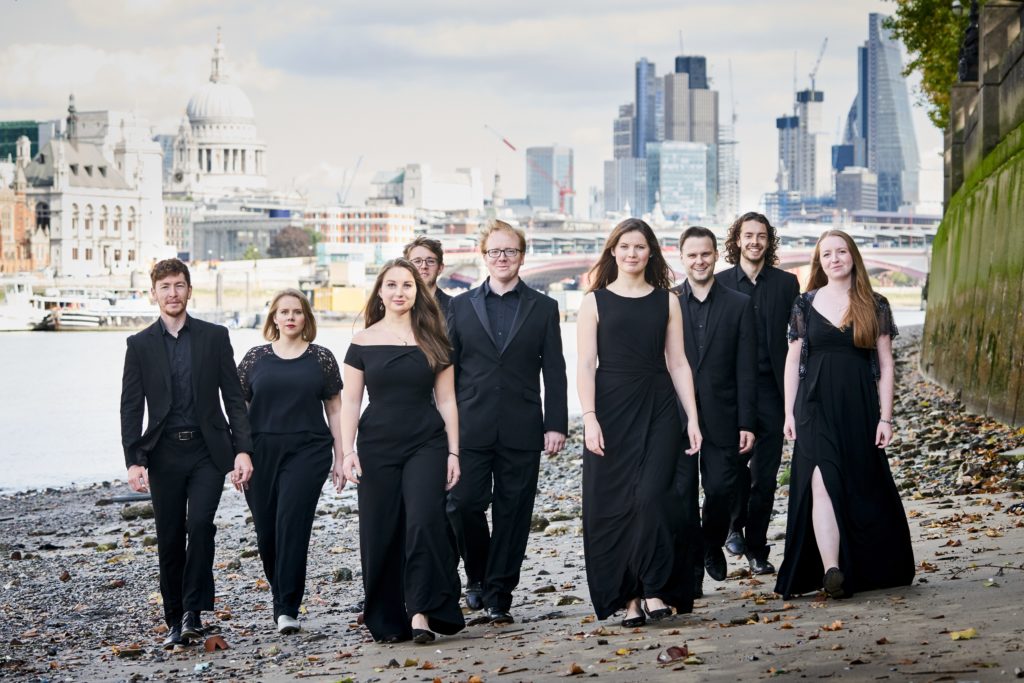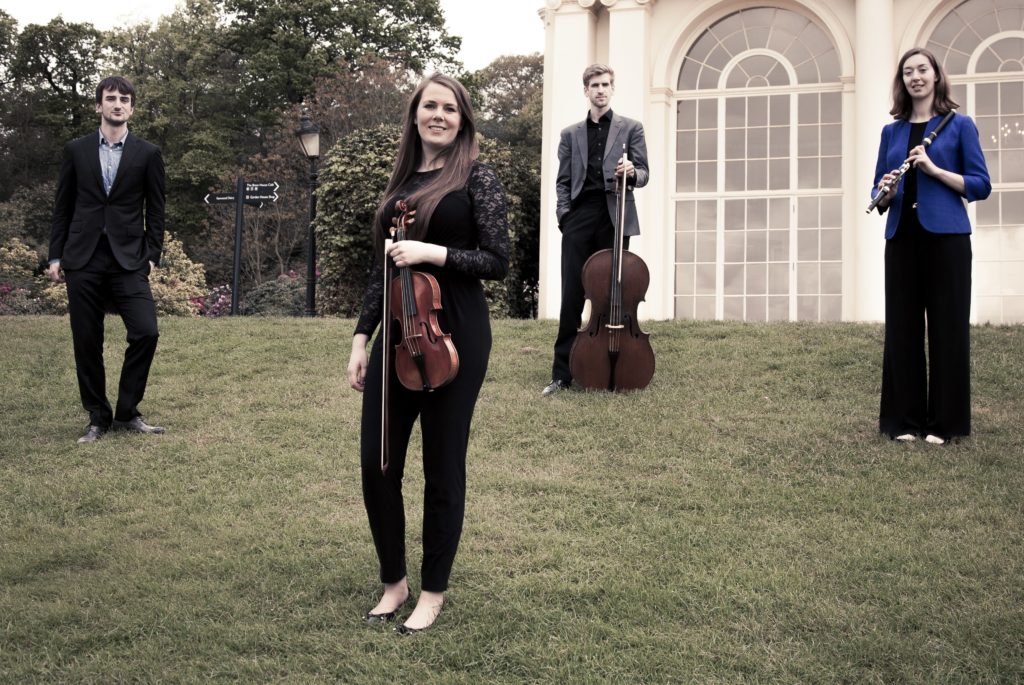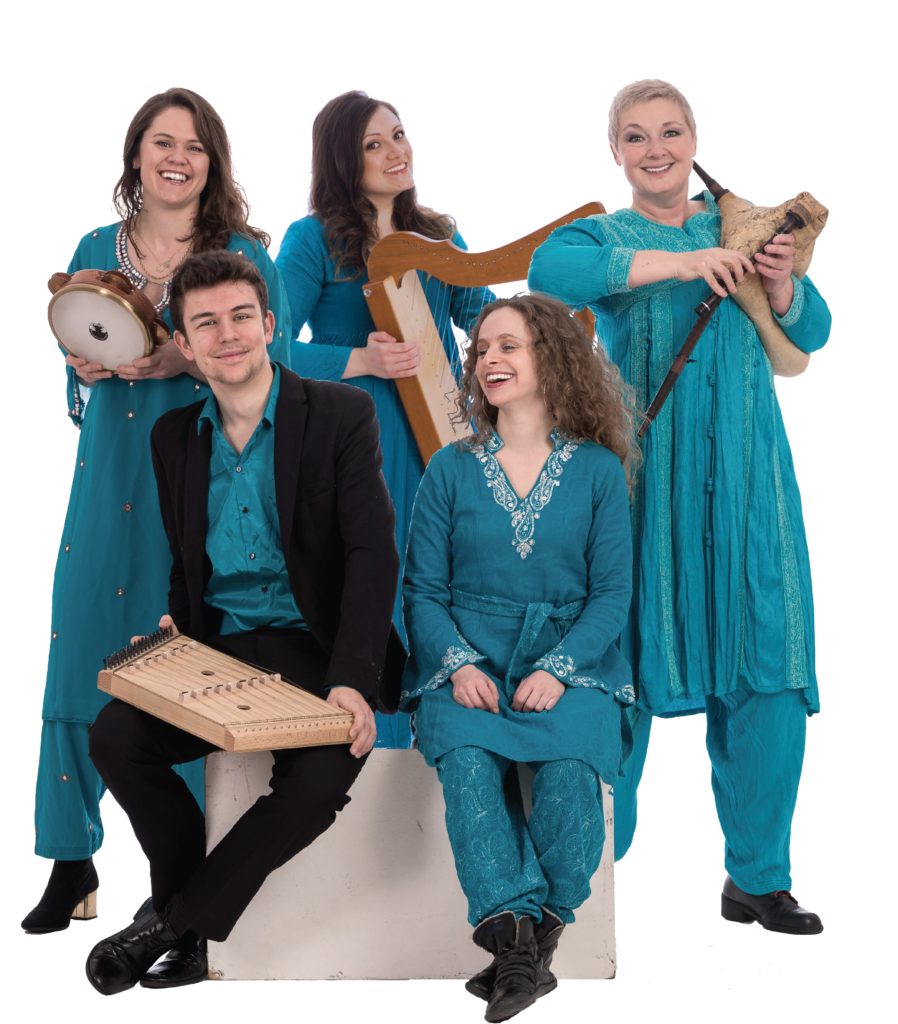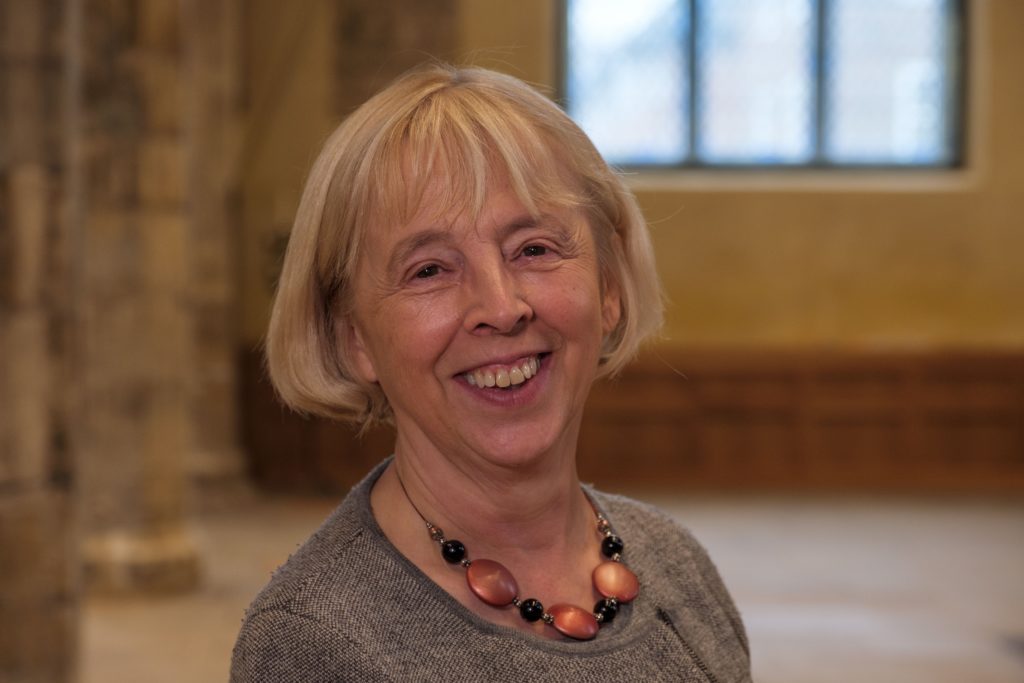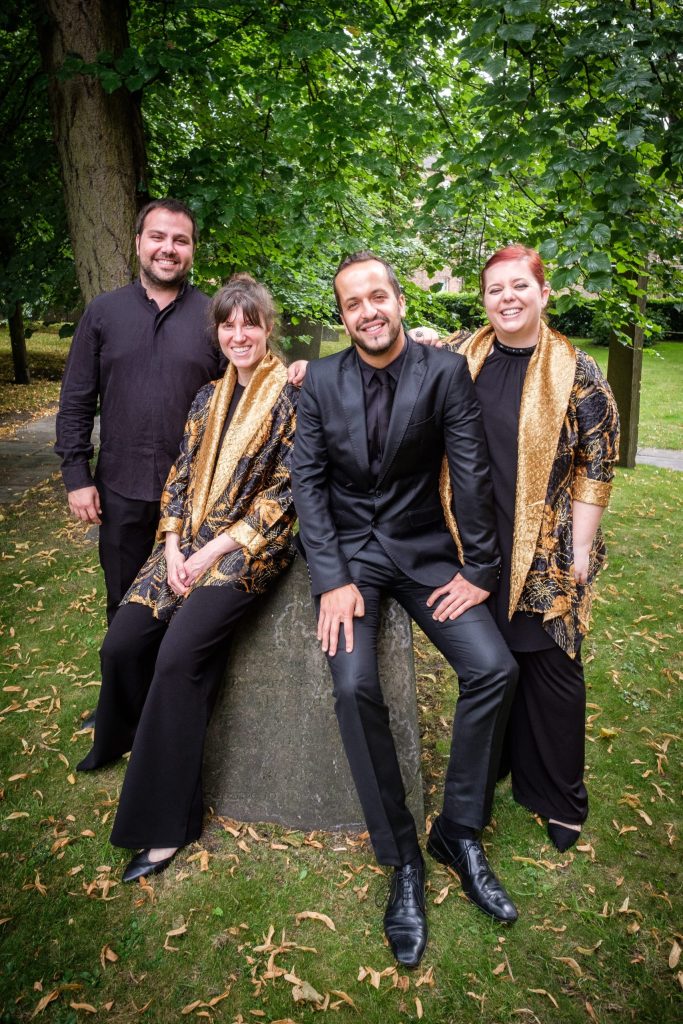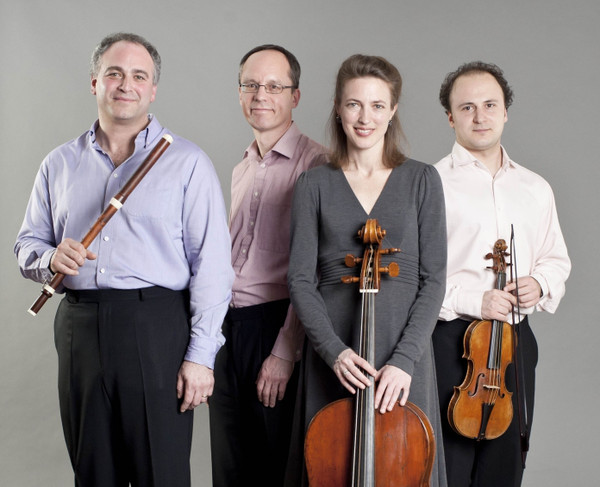
From Minstrels to Masterpieces, Beverley & East Riding Early Music Festival, May 27 to 29
THE centre of Beverley was festooned with jubilee bunting in time for the festival, which put everyone in the mood for celebration, doubly welcome after a two-year musical hiatus caused by Covid.
Diehards need no reminding that ‘early music’ is not necessarily very early these days, more a case of historical authenticity. Here we ranged no earlier than John Wilbye and covered much more recent territory right up to Mozart.
Concerts took place in four different churches, spearheaded by magnificent Beverley Minster. It was the venue for Florilegium’s opening burst of Bach: three Brandenburg concertos, a violin concerto, and an orchestral suite that is effectively a flute concerto.
It took a little while for performers as well as audience to become attuned to the acoustic. The otherwise excellent platform was placed some distance from the choir screen, so that there was no back-board to reflect the sound down the nave. Detail was hard to disentangle in Brandenburg No 6, written solely for lower strings and it did not hang together as well as what followed, though the final gigue had a pleasing lilt.
In Brandenburg No 5, where the harpsichord steps into the limelight for the first time in an orchestral work, Julian Perkins despatched its cadenza with panache, while Ashley Solomon’s flute was typically fluent if less easy to discern.
The nine string soloists in Brandenburg No 3 radiated immense enjoyment, notably in a dashing finale. In all three concertos, Rosie Moon’s double bass delivered a vivid foundation.
Bojan Čičić was the masterful soloist in the A minor Violin Concerto, BWV1041 (which was later to become a keyboard concerto), with an understated verve and virtuoso lightness of touch that deservedly drew prolonged applause.
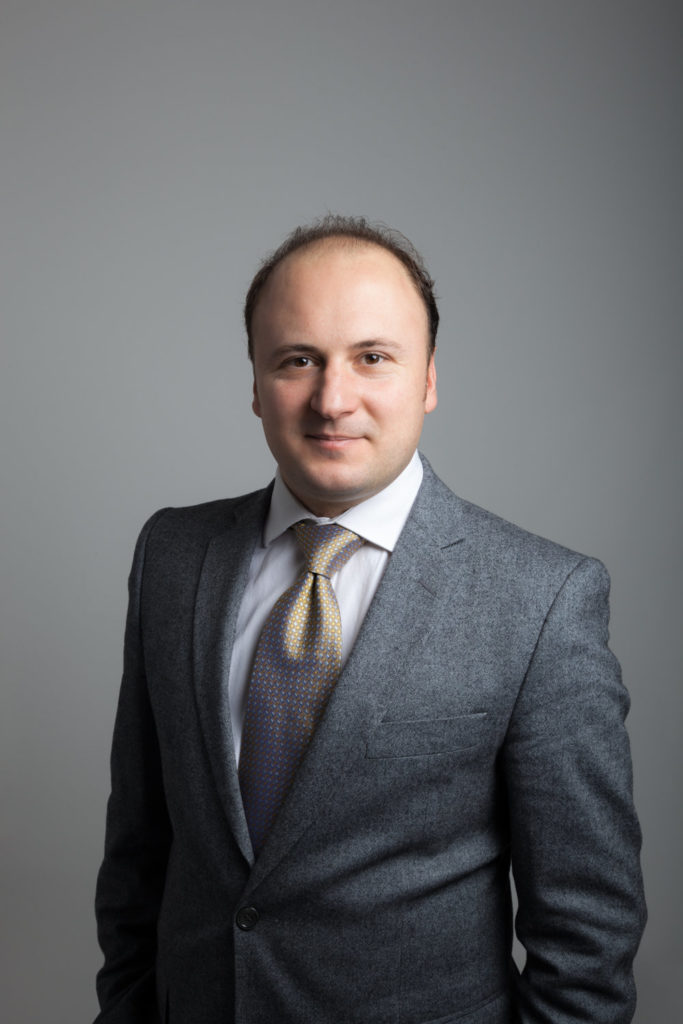
The spirit of dance dominated the Orchestral Suite No 2 in B minor; the Polonaise was especially balletic. Ashley Solomon’s flute tripped the light fantastic in a breakneck Badinerie. He could only get away with it because of such incredibly fleet-fingered strings in support. But it was thrilling indeed, filled with laughter.
Saturday morning brought the French sextet Sarbacanes to the same venue. From mid-18th century onwards wind ensembles, known as Harmonie in the German-speaking world, were more affordable by smaller aristocratic courts unable to run to a full orchestra. Their most typical line-up was two oboes, two horns and two bassoons – as here.
Divertimentos by Haydn and Mozart jostled with a trio by Salieri – Mozart’s great rival – and a three horn duets, also by Mozart. They made tasty treats, all the more so for their rarity.
The two Haydn works were from early in his career (probably the 1760s) – and sounded like it. One included a starchy polonaise, followed by a wittily brief presto. The other, essentially a five-movement suite as if a holdover from the Baroque, was more spirited, if quite ornamented.
Mozart by contrast, writing a decade later, was much more advanced, playing with spatial effects, which Sarbacanes exploited to the full in his K.253 in F. A year later (1777), he was playing off the oboes against the rest in his K.270 in B flat. Here the group’s ultra-crisp rhythms spoke of taut ensemble and the closing gallop was straight out of hunting territory.
Three of Mozart’s 12 Duos for horns, K.487 were superbly played by Félix Roth and Gabriel Dambricourt, with eloquent dynamic variations. There was clarity, too, in two trio movements by Salieri, which found two oboes and a bassoon modulating with great clarity.
Prisma, a multi-national quartet, evoked the music of London in 1651, using recorder, violin, lute and viola da gamba in St Nicholas Church. Though none professed to sing, they did so vigorously. They dipped freely into the John Playford playbook, The English Dancing Master, which enjoyed many revisions over the next nearly 80 years and is our main source for popular music of the era.
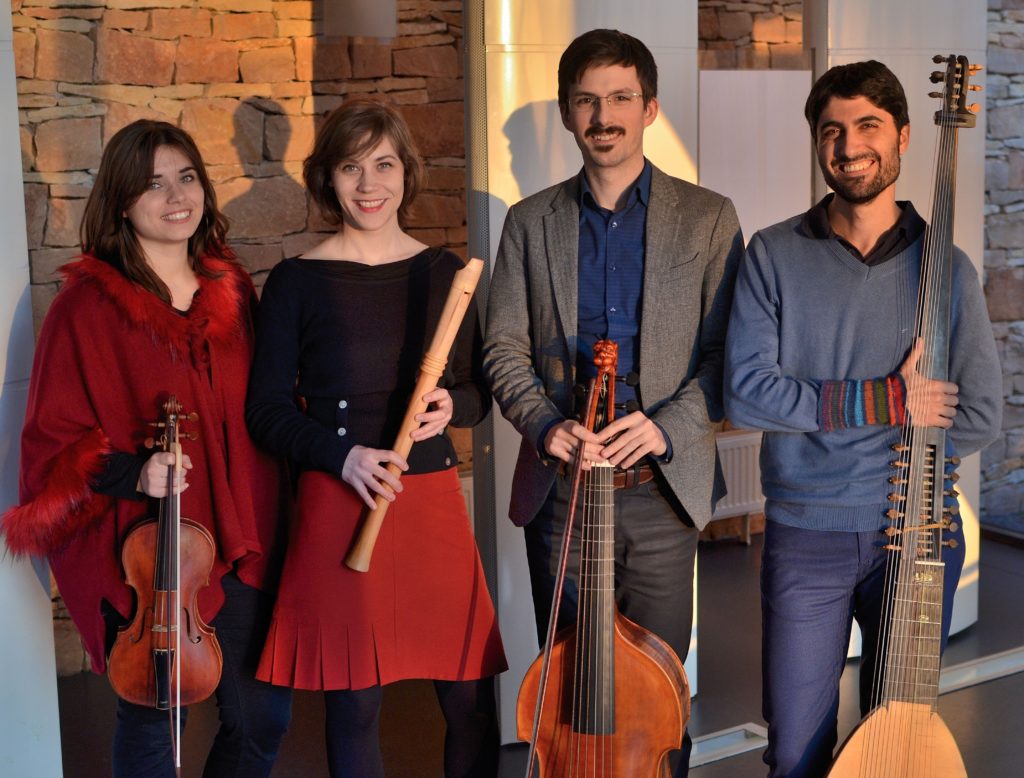
Prisma’s casual approach belied considerable skills from all four players. Their enthusiasm proved that though the theatres were closed down during the Civil War, nightlife continued unabated, with much dancing to syncopated rhythms as instruments tossed tunes between each other.
Traditional Scottish tunes also had a look-in, with Franciska Hajdu’s violin ‘singing’ the Skye Boat Song and sharing the taxing divisions of a ground ‘after the Scotch humour’ by Nicola Matteis with Elisabeth Champollion’s sopranino recorder.
Ralph McTell’s Streets Of London was thrown in for good measure, as was the Londonderry Air. It was stirring to find outsiders finding so much pleasure in British popular music of all sorts and sharing their enthusiasm for it so freely.
The Baroque quintet Ensemble Molière appeared in Toll Gavel United Church. This encouraged an intimate rapport with their audience in a French programme that encompassed composers writing for the magnificent court of Louis XIV. Louis, incidentally, is the only European monarch our queen has still to out-reign, since he ruled for 72 years after inheriting the throne at the age of five (he was succeeded by his great-grandson).
Opening salvos from Charpentier and Lully – two airs from Phaëton (1683) – were but a prelude to Couperin’s superb Deuxième Concert (Concerts Royaux), which included a very lively Allemande fugée followed by a pensive Air tendre, where the ornamentation was exceptionally neat.
Aids to the king’s digestion were revealed in ‘Soupers du Roy’, six movements taken from a Delalande suite put together by the group’s harpsichordist Satoko Doi-Luck. After two gentle aperitifs and a quintet starter, there was a meatier Gigue featuring a taut duo between Catriona McDermid’s bassoon and Kate Conway’s gamba; indeed McDermid maintained a confident clarity throughout the programme.
The ever-racier variations in the Passacaille dessert might have caused indigestion but for their courtly ending. The king’s nightcap – and finale here – came with a suite by Marin Marais, a much calmer affair which included a fetchingly elegiac Plainte from Flavia Hirte’s flute and Alice Earll’s violin: sweet dreams were guaranteed.
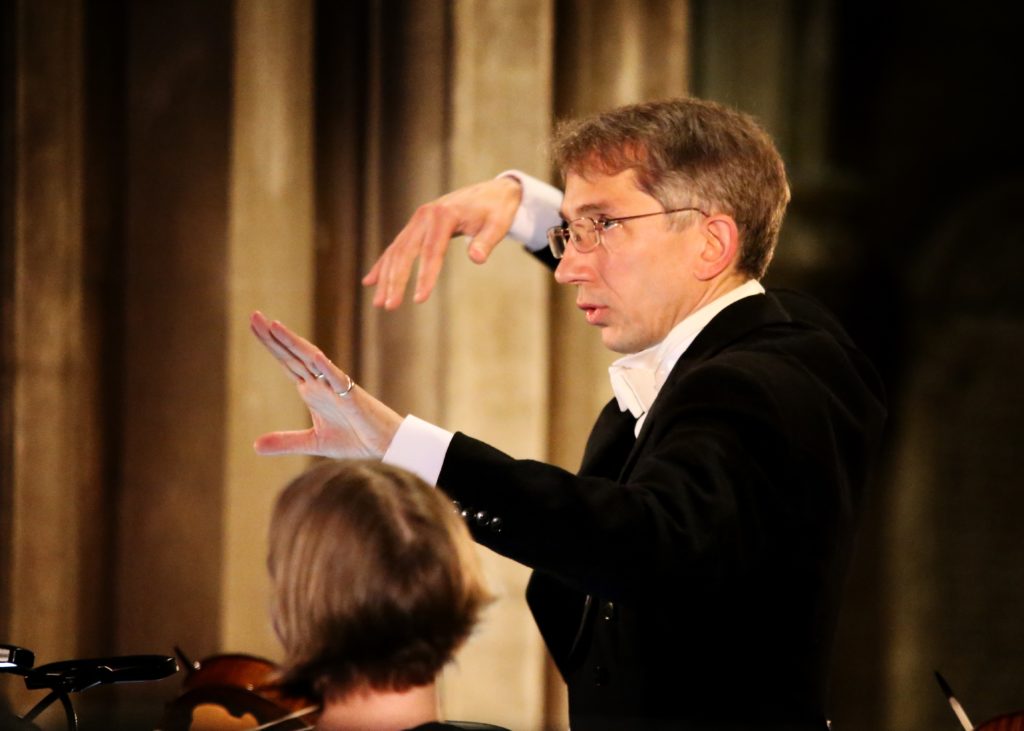
The final afternoon included Tony Britten’s entertaining film Draw On Sweet Night (2015), which purports to reveal details of the life of madrigalist John Wilbye in the service of the Kytson family at Hengrave Hall, Suffolk: succulent stuff, though on this evidence either Wilbye was the local Lothario or else he was surrounded by some very randy ladies.
Either way, it made a neat intro to the evening’s madrigal programme by the six voices of I Fagiolini under Robert Hollingworth, in St John of Beverley Catholic Church.
I Fagiolini did not hold back from the juicier implications of these works, which often hinged on romantic liaisons. But Wilbye’s contribution to the collection for Queen Elizabeth I was a sober, beautifully tailored affair.
Adrenaline flowed a little too freely in some of the earlier numbers – there was too much tenor in Adieu, Sweet Amaryllis, for example, though the major-key ending was nicely drawn. Quite the contrary was the six-voice Thou Art But Young which was impeccably blended.
The revelation of the evening was the five-part Down In A Valley, whose Arcadian setting was decorated with startling changes of texture and some graphic illustration, including Cupid’s painful darts (rapidly repeating semiquavers). A wonderfully florid ‘frolic’ was contrasted with a languishing death at the lady’s displeasure in two superb final lines.
Two more familiar pieces had differing outcomes. Sweet Honey-Sucking Bees was a suave affair, warning of the dangers of love’s stings, with a punchy ending that hit home. Draw On, Sweet Night, perhaps Wilbye’s most famous piece and the title of the evening, was undone by an audience cougher unequipped with a means to cover their mouth.
No matter: we had already enjoyed ensemble singing of the most exquisite calibre, much of which had highlighted Wilbye’s special gift for delving beneath the surface of the poetry he set. Catherine Pierron contributed four harpsichord interludes, including galliards by Byrd and Bull, and concluding brilliantly with the flamboyant cross-rhythms of the latter’s In Nomine.
This friendly, compact little festival had made a jewel of a weekend.
Review by Martin Dreyer

